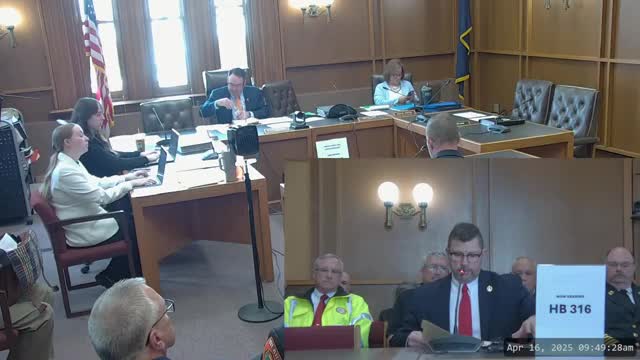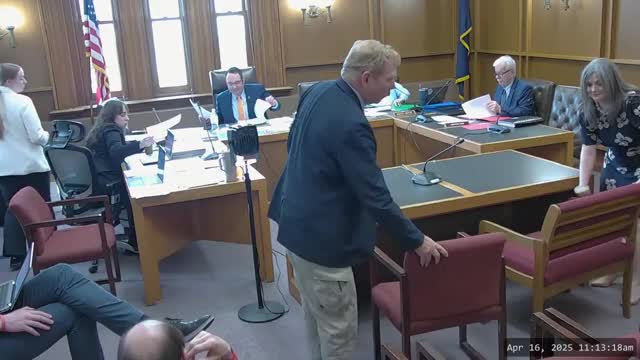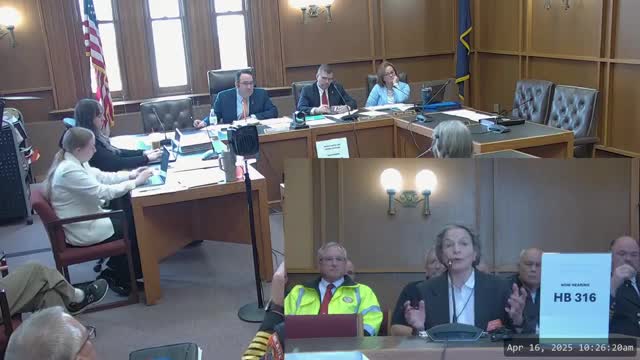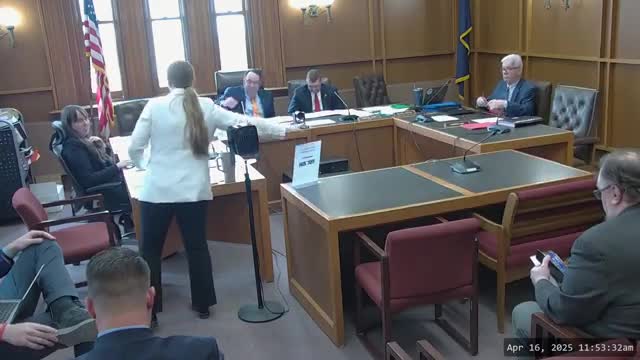Article not found
This article is no longer available. But don't worry—we've gathered other articles that discuss the same topic.

Senate hearing exposes deep divides over HB 316 ambulance reimbursement plan

Lawmakers hear competing views on HB 548 to allow membership-based (direct-pay) health facilities

Senate hears proposals to allow two-person ambulance response when staffing shortfalls persist

